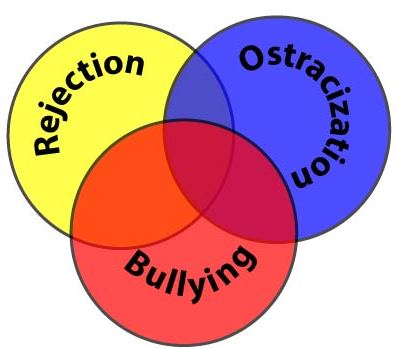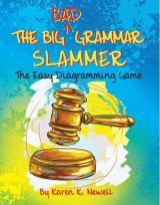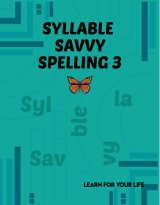What Is Bullying
Rejection, Ostracization, or Bullying
These three phenomenon have one thing in common: they hurt.In fact, they can leave an individual scarred for life. When one of your children (or friends, loved-ones, co-workers - anyone) suffers from one of these they are in need of support and comfort. Their story should never be brushed aside. Keep in mind the effects can be long-term, permanently damaging their confidence and ability to make decisions. It can affect health and development. Severe cases have lead to suicide. In short, this stuff is serious.
A first step is to identify what is happening: is it rejection, ostracization, or bullying? These terms are sometimes used interchangeably, and in fact, often one leads to the next. However, they are not identical.
Rejection
Rejection occurs when someone is excluded. Unfortunately, it is a part of life.Sometimes rejection may be warranted. For example, a student who didn't study doesn't get into the college they wanted. That's rejection. The fact that they didn't study may make it seem just to others, but it is still painful.
All of us face rejection at times. And we need to help our children face it. Rejection doesn't always lead to ostracization, but sometimes it does. Here are some of the kinds of rejection that are common, and to some extent unavoidable:
- You don't make the try-outs
- You don't get an award or recognition that others got
- You don't get the job, the house, the boyfriend/girlfriend, the scholarship, the career etc. that you wanted
- You didn't get invited to the party
- Someone doesn't want to be your friend
Even that last one on the list: someone didn't want to be your friend. You were rejected from the clique. You know what? No one is required to like you or be your friend. Get over it and make other friends.
Now, there's a reason I included all of these obvious facts here. Sometimes ostracization starts with rejection. Sometimes it's just plain rejection.
Either way it hurts. But we need to learn to accept the disappoints of life, many which come in the way of rejection, without blaming and hating others. It's an important part of emotional maturation, and one parents can help with.
It's not enough to say, "Life's unfair. Get over it."
Instead we need to say, "This is hard. But you cannot let this thing define who you are. It is no reflection of all the things you are good at and the person you are and what you bring into the life of others." We can share our stories and the stories of others.
And we also need to be on the look-out for ostracization.
Ostracization
Ostracization is more than just rejection. It is a pattern of systematically shutting someone out. Ostracization has these characteristics:- A pattern - It is not an isolated incident; although often a single incident may bring it to the forefront.
- It is systematic - One person or group of people are trying to influence others to reject another person or group.
- It is cruel - They may not admit it to themselves, but the perpetrators are trying to hurt someone else as their goal.
- It is common
- Often associated with females more than males (what we call catty behavior) but the victims and/or perpetrators can be either gender
Bullying
Bullying involves verbal threat or physical force to subjucate a weaker person or group. It usually includes a repeated pattern of behavior, though not always. (For instance, if a large person threatened to beat you up if you didn't give them your lunch, that is definitely bullying even if it only happens once.)It may only two people, the perpetrator and the victim. Often it includes a group of people that are influenced by a central person. They are often referred to as the bully and the minions.
It can involve physical force or threat of physical force. It may involve blackmail (as in "I'll tell on you for.... if you don't...." ) It usually includes fear of retaliation which causes the victim to remain silent.
It is a stronger person(s) using force against a weaker to get what they want. Sometimes they want something physical (money, homework answers, lunch.) Sometimes they just want the the feeling of control and superiority.
Ostracization and Bullying
There can be a fine line between the two, simply because ostracization can be a form of bullying or the first stage of it. Sometimes a person becomes a victim because they are afraid of social ostracization and the bully uses that fear to extract what they want.Sometimes a situation that starts as social ostricization may lead to bullying. As the person becomes more exluded, he or she becomes weaker. The domination of the others allows one or more to cross the line from ostracization to bullying. To complicate the matter, the central person in the ostracization may not be the central person in the bullying.
In general, physical bullying is easier to stop than ostricization because the behavior is more concrete. However, in discussing it, it is best to use the term which fits the most closely, keeping in mind that ostracization is often (but not always) the first step in bullying.
Other Articles In This Series
Main Page: DEALING WITH BULLYINGAbout Our Site
Hands-On Learning















New! Comments
Share your feedback with the rest of the home school community.